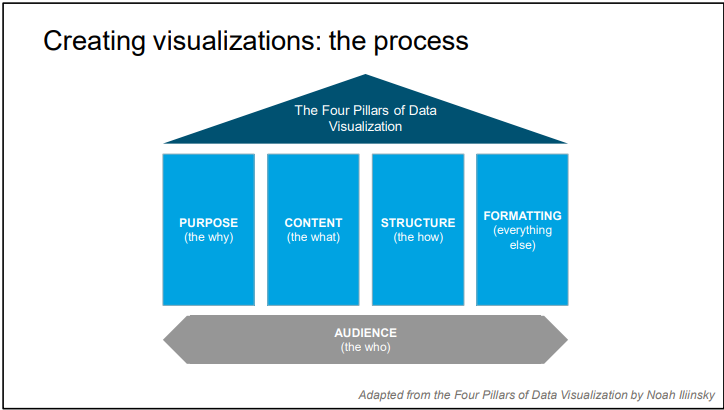I want to...
Use data to tell my organization’s story to funders
Communities Count – Finding & Using Data to Tell Stories
This workshop introduces a few different frameworks that can be helpful in creating a compelling story with data in addition to covering principles of data storytelling, finding local data, and examples of data stories.
Finding a Story in Data Handout and Worksheet, courtesy of Data Therapy
Photo Courtesy of Best Starts for Kids
Figure out what my program data is telling me and how to use it
Do my own survey
Communities Count – Developing Your Own Community Survey
Youth Development Executives of King County’s Youth Perception Data toolkit
Photo Courtesy of Best Starts for Kids
Do my own focus group, listening session, or key informant interviews
Communities Count – The Basics: Focus Groups, Listening Sessions, and Interviews
DataCenter’s Participatory Research Kit: Conducting Interviews
Youth Development Executives of King County’s Sample Youth Focus Group Protocol
Youth Development Executives of King County’s Analyzing and Reporting Qualitative Data Presentation
Photo Courtesy of Best Starts for Kids
Understand program evaluation
Communities Count – Evaluation Planning
This training covers an overview of how to plan a program evaluation including why evaluation matters, evaluation methods, creating an evaluation plan, and how to decide what data to collect.
Communities Count – Process Evaluation
This introduction to process evaluation covers methods for programs to identify how things are working, what are barriers and successes and what needs improvement.
Communities Count – Logic Models: What They Are and How They Can Help
The Community Tool Box’s Framework for Program Evaluation
Whether you are interested in developing your own evaluation, working with an outside evaluator, or exploring participatory evaluation, you will find useful information plus helpful examples, checklists and more in this extensive resource.
Youth Development Executives of King County’s Evaluation Plan toolkit
Includes helpful resources on planning and budgeting for evaluation, including presentations, checklists, and worksheets.
Understand Racism as a Public Health Crisis with Data
Communities Count - Racism as a Public Health Crisis: Data Dashboards and COVID-19
Public Health’s Tigran Avoundjian (Epidemiologist) discusses how COVID-19 data is collected and how data dashboards are developed, alongside Dao Tran from the White Center Community Development Association who shared insights on how they have used COVID-19 to support and respond to community needs.
Communities Count – Racism as a Public Health Crisis: What is the Role of Data?
We hosted a dialogue about the role of data in naming racism as a public health crisis and how data can be used to address the crisis. Topics included: How can we (as agencies and institutions that collect, analyze, and disseminate data) change the legacy of data being used "against" communities? How can data be used to address racism? What additional tools can be used to address the impacts of racism? What does data justice look like?
Communities Count – Racism as a Public Health Issue: Data Storytelling for Impact
In part three of our Racism as a Public Health Crisis workshop series, we introduce frameworks you can apply to data storytelling and share examples from three community partners who share their journey through the data storytelling process. Special thanks to our community panelists: Erandy Flores-Bucio (Ireta P'urhépecha and Where Roses Grow: Youth Activism in Auburn), Angie Hinojos (Centro Cultural Mexicano) and Julie Feng (Washington Dream Coalition)
Understand Data visualization and Analysis
Communities Count – Introduction to Data Visualization
This workshop will provide tips and instruction for how to create effective visualizations through tools such as Excel. Topics include how to show relationships between data elements, various ways to present data, how to ensure your data visualizations are clear and easy to understand, and tips for displaying data alongside narrative and/or interpretation.
Communities Count – Data Analysis Basics: Using Excel or Google Sheets
A training for those with survey or other data to analyze, little experience analyzing data, and those wanting to get the most from information for their evaluation. This training begins with a review of tips and techniques and touches on some best practices for storing and protecting your data.
Contact us!
If you have any questions, suggestions, or are seeking resources on a topic not included above, please contact us! We love to hear from community members and can work with you to provide brief data consultation and possibly even customized training for your organization. Reach us at CommunitiesCount@kingcounty.gov.








